Table of Contents
While we strive for spotless homes, many conventional cleaners carry a dirty secret: a cocktail of chemicals that can harm our planet. From aquatic toxicity to ozone depletion, the side effects of these products go far beyond the kitchen counter. This is why we need to research and incorporate environmentally safe cleaning products in our day to day use to not only protect our families but also our beautiful planet earth.
You’re going to find out about the increasing trend in eco-conscious consumerism that’s steering the demand for sustainable living options. This isn’t just about a fad; it’s about a profound transformation in how we think about what we buy, use, and discard.
Now, let me give you an overview of what actually makes a cleaning product environmentally safe. It boils down to the ingredients, the production process, and how it breaks down after use. In my opinion, embracing this knowledge is the first step toward making informed decisions that favour the health of our environment and our loved ones.
Key Ingredients to Look For in Eco-Safe Cleaning Products
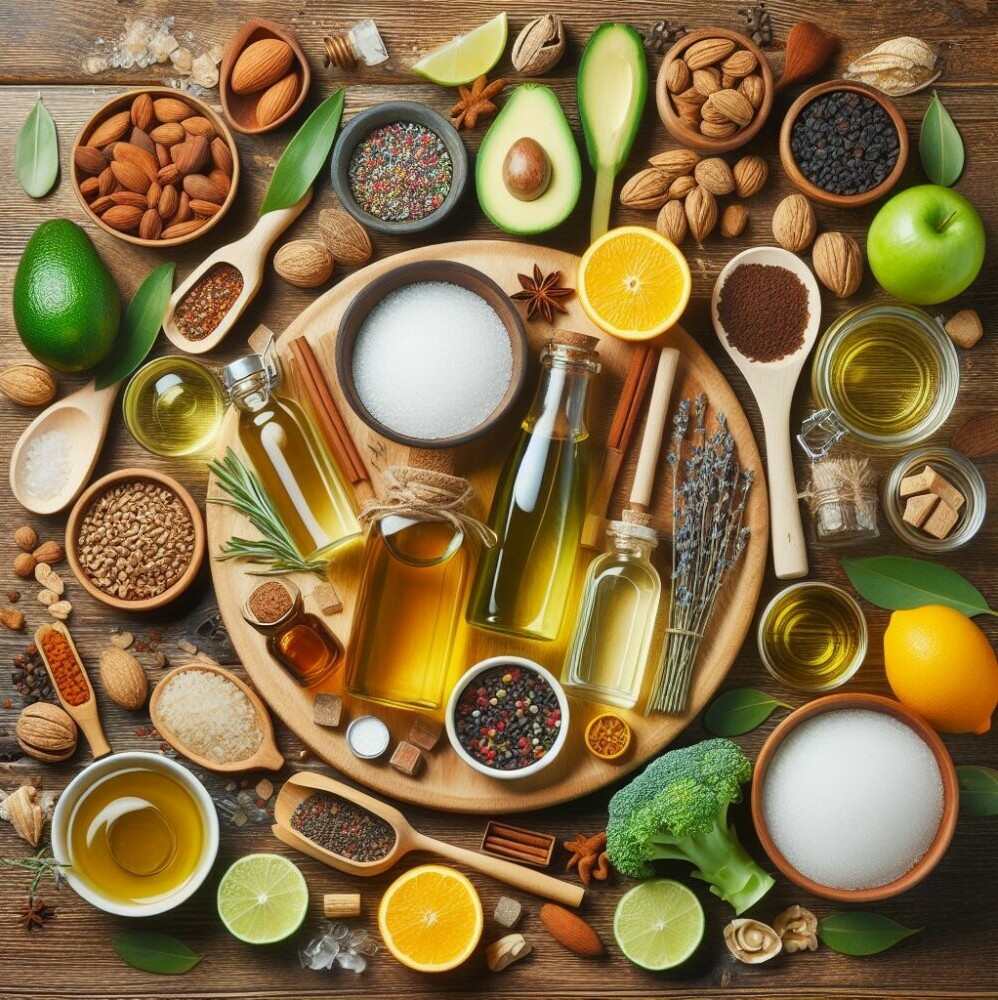
Understanding what goes into your cleaning products is CRUCIAL for protecting our planet. This isn’t just about avoiding toxic chemicals; it’s also about safeguarding our waterways and our health. I’m going to take you through the key ingredients you should look for when selecting eco-friendly cleaning alternatives.
Natural and plant-based components are the STARS here. Ingredients like vinegar, baking soda, and castile soap are not only effective but also gentle on the environment. They break down easily without leaving harmful residues behind. Citric acid from lemons, for example, is great for tackling limescale and rust, reflecting nature’s power in keeping things clean.
Biodegradable substances should be top of your list. These products break down naturally in the environment, without causing pollution. Imagine this: a cleaning agent that does its job and then quietly leaves without a trace. It’s the ultimate in cleaning manners, and it’s a responsibility we all share.
Incorporating essential oils can add a fresh scent to your home without the VOCs (volatile organic compounds) that many synthetic fragrances release. Essential oils like lavender, tea tree, and eucalyptus have natural antibacterial properties, offering a double bang for your buck: a fresh-smelling home and a clean one.
When shopping for your eco-friendly arsenal, it’s important to look for labels and certifications that back up environmental claims. Trustworthy certifications include Green Seal, EcoLogo, and the EPA’s Safer Choice label. These aren’t just stickers on a bottle; they’re assurances that what you’re using meets strict environmental and health standards.
If you want to take control and know EXACTLY what’s in your cleaning products, making your own is a great route. And guess what? It’s simpler than you might think. You’ll see just how easy it is in the next section, where I’ll walk you through crafting your own effective, eco-safe cleaning concoctions. Not only will you reduce your ecological footprint, but you’ll also create a safe space for your family, free from harsh chemicals.
DIY Solutions: Safe and Effective Home-made Cleaners
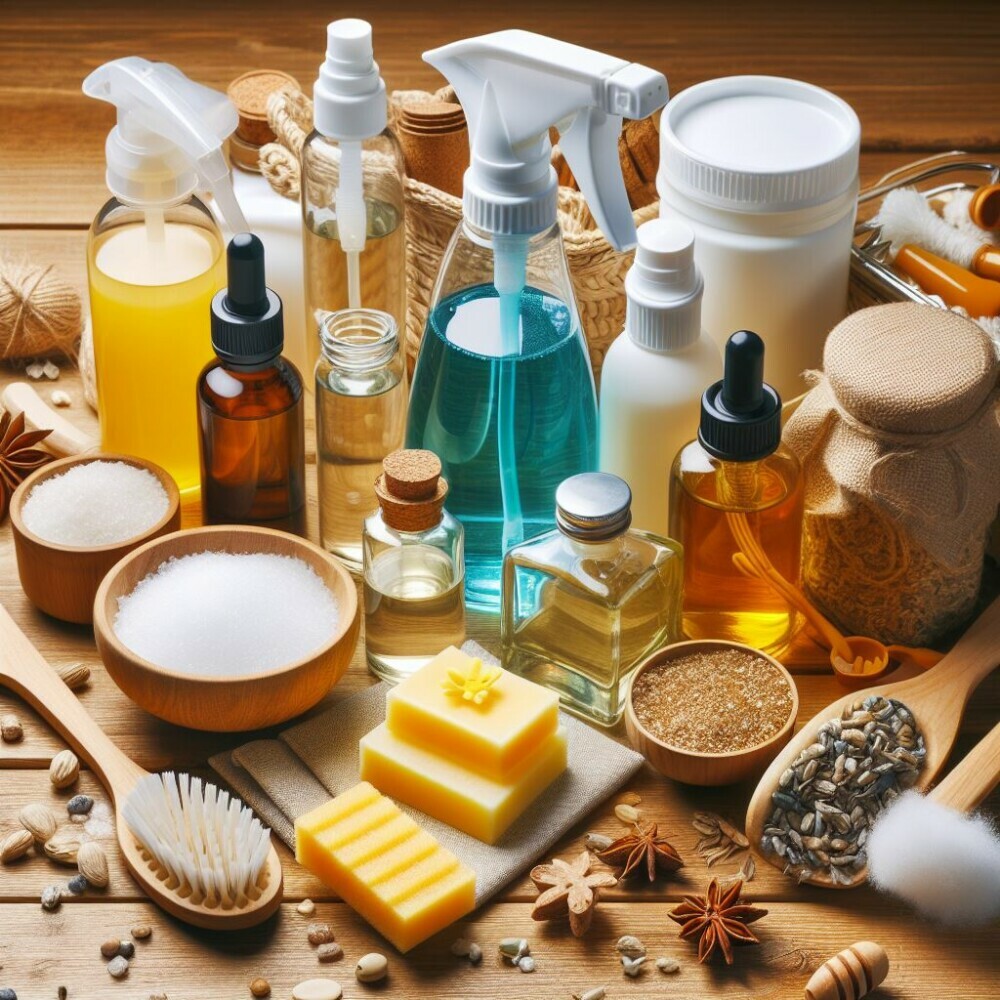
Making your cleaning products isn’t just a way to save money, it’s also about taking control of your home’s environmental impact. These DIY solutions often only require simple, easily accessible ingredients that you might already have.
Now, for everyday spills and surface cleaning, a combo of vinegar and baking soda can work wonders. This isn’t just about whipping up a science experiment, it’s about creating effective, non-toxic cleaners. And for your windows or mirrors, mixing some white vinegar and water can leave them streak-free without the harsh chemicals.
I’m here to help you with storing these concoctions safely. Always label homemade cleaners clearly, and keep them out of reach of children and pets, just like you would with store-bought products. Reusing old cleaning product bottles or mason jars can be a brilliant way to reduce and repurpose.
When preparing these mixtures, it’s crucial to use the right proportions to prevent damage to surfaces and ensure they’re friendly for the planet. You can always adjust your approach down the road, tweaking the recipes to suit your needs and preferences.
Finally, while making your own cleaners is a step in the right direction, disposing of any cleaning materials properly is equally important. Choose sponges and cloths that are biodegradable or can be washed and reused, minimising waste and further reducing your environmental footprint.
Adopting an Eco-Friendly Cleaning Routine
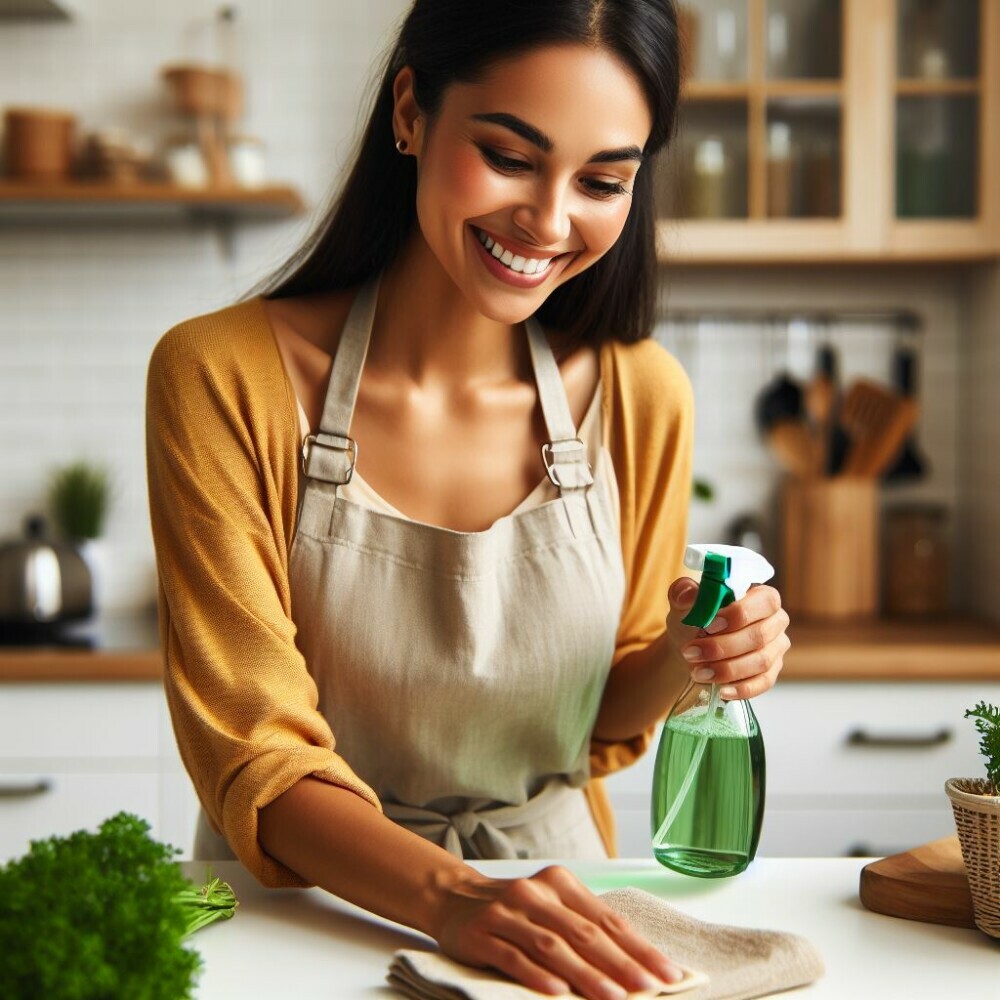
I’m going to show you how to weave environmentally safe products into your everyday cleaning. It’s not just about switching products; it’s about fostering a new cleaning ethos that prioritises our planet.
Choosing eco-friendly products is just the start. You’re going to find out about embracing sustainable packaging options to further reduce your carbon footprint. Think reusable containers and refills, rather than single-use plastics.
While the products you use are important, so too is how you dispose of them. Even eco-safe products need to be tossed out responsibly to ensure you’re not just shifting the problem elsewhere.
Your shift towards eco-friendly cleaning can have a ripple effect. By sharing what you’ve learned with friends, family, and your broader community, you’re helping to amplify the positive impact on the environment.
Follow Me On My Socials:)
Kay,
greenlifehub.com
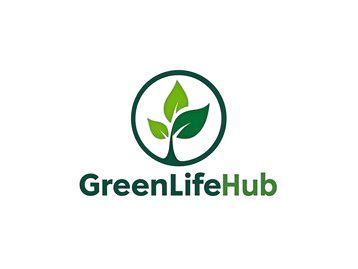
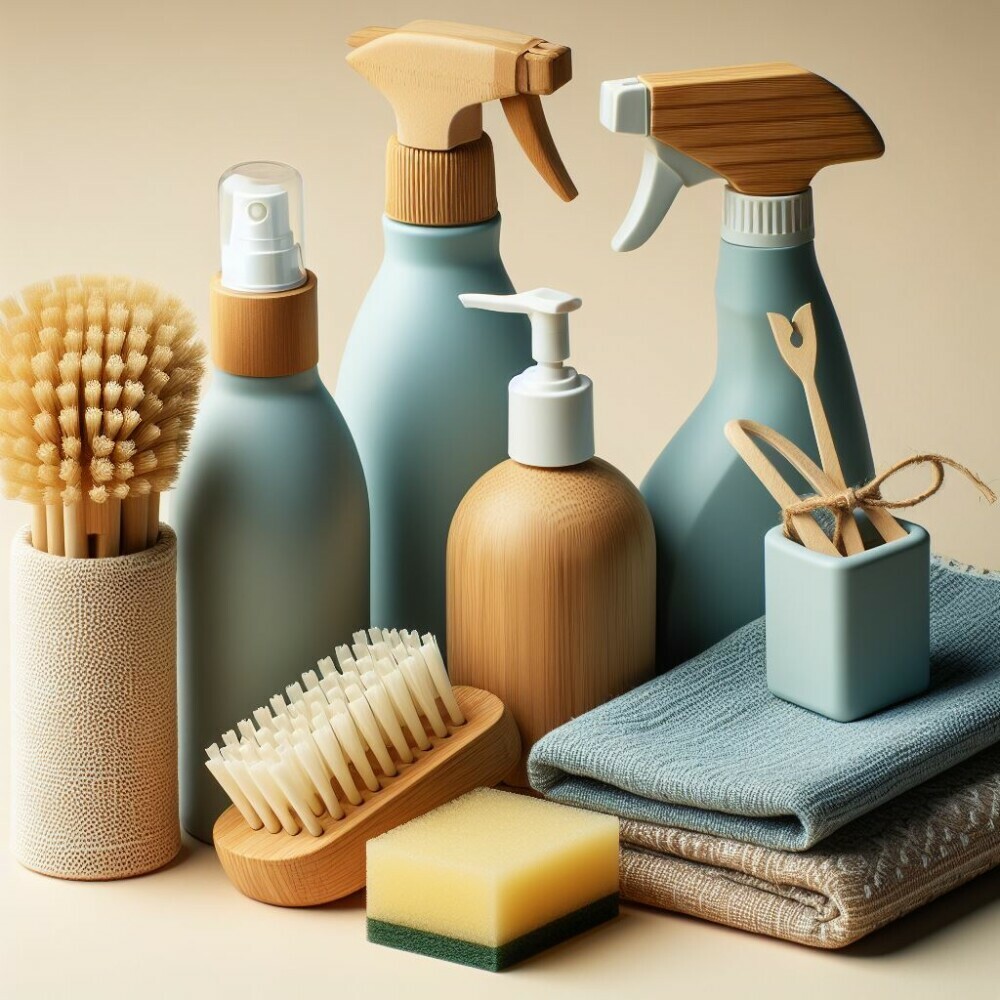
You are right. It is amazing how nature works at producing cleaning agents that disappear without a trace. Baking soda, vinegar and bicarbonate are the most well known, but there is also lemon juice that is an effective cleaning and freshening agent. Making your own is a great idea that can save a lot of money and the environment. Do you have some recipes available to make one’s own cleaners?
Thanks for your comment Michel, I appreciate you taking the time. Indeed there are many recipes available for natural home made cleaners. See the recipe below which I have tried and it works wonders:).
Natural All-Purpose Cleaner: Mix equal parts of white vinegar and water to create a non-toxic and effective cleaner for countertops, floors, and more. Tip: Add a few drops of essential oil for a pleasant fragrance.
Wow I love this article! Lately, I washed my home with lemon juice diluted in water, sea salt, and black soap. I must say I wasn’t disappointed! My house was really clean, and I enjoyed the smell! However, I’ve never used white vinegar and I’ve heard many good things about it. I’ll probably try it for my next cleaning session in my house. Thanks for this article!
Thanks angelce903:). Indeed these are some of the amazing cleaning products that neither harmful to the living being nor the environment. All of us should do our bit to protect this beautiful and unique planet that we call home.
Hey Kaleem,
Thanks for sharing these eco-friendly cleaning product options! It’s amazing how many harsh chemicals are lurking in traditional cleaning products, and it’s great to have some safer alternatives. I’m definitely going to make the switch to some of these brands and start reducing my environmental footprint, one cleaning session at a time.
Marios
Hi Marios,
Thanks for your comment:). Indeed we should all be using natural cleaning agents to keep things sparkly clean without compromising on our and our loved one’s health. Not to mention, most of these are much cheaper than chemical ridden supermarket products.
Best Regards,
Kaleem